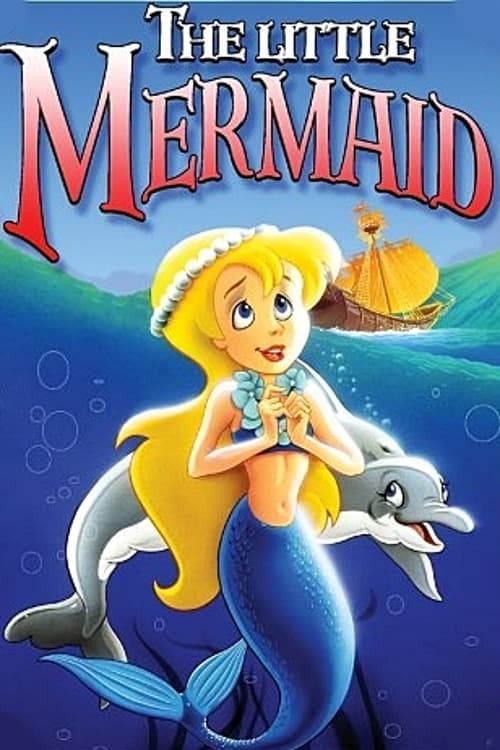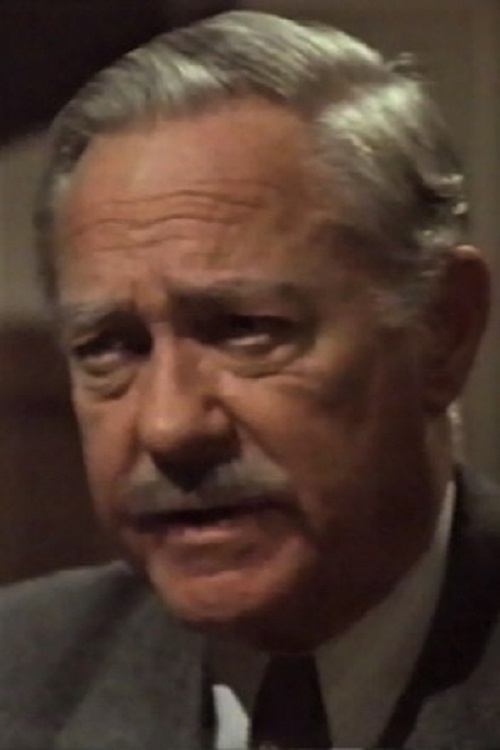
Since history books are a crucial tool used by the educational apparatuses to shape the understanding of the future citizens about their self or identity, it becomes a potent battleground for competing political ideologies too. The fact that history is not a metanarrative, that it is not merely about remembering names and dates of kings and political leaders and their great deeds, never trickles into the everyday classroom discussions. Such an absence renders history not only partial and incomplete, but also far removed from the lived realities of the young readers.

It is no wonder then that the textbooks very often remain silent about the location of common men, women, children, and at times, even animals, within the broad contours of world history. The other worrying trend in history lessons has been the blurring of the human and the divine, where myths and legends are passed on as history.


It is either thought of as a subject too wieldy to be completed within a stipulated time frame, or as not scoring enough to reflect well in the yearly progress report. History, as a subject of study, has traditionally been dreaded by school goers in India.


 0 kommentar(er)
0 kommentar(er)
